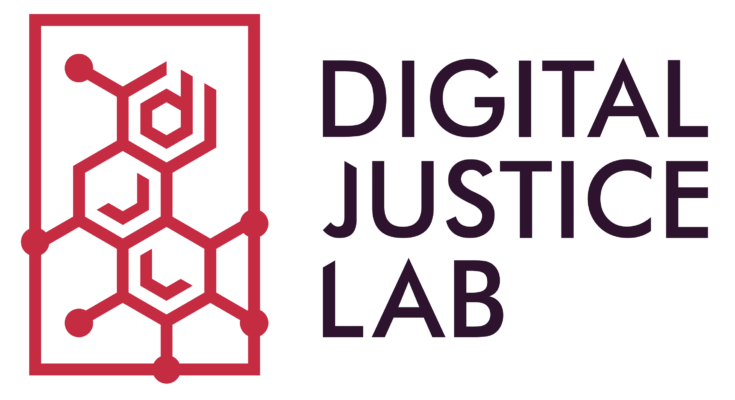by Isis Canti

In March of this year, the Digital Humanities and Social Engagement (DHSE) lab were delighted to have welcomed Professor Bonnie ‘Bo’ Ruberg (Pronouns: they/them), who teaches at UC Irvine’s Department of informatics. Drawing from intersectional feminist frameworks, Ruberg’s work promotes social justice in and through digital media. They seek out to promote diversity in technology as related to pressing issue surrounding computing today. Their background in the humanities, technology reporting, and community activism allows for a multidisciplinary exploration of cultural implications of technology. During the talk “Video Games Have Always Been Queer”, Prof. Bo displayed the world of the emerging paradigm of “Queer Game Studies”, which claims that video games should be reconsidered through the lens of the LGBTQIA experience. Though their work, Ruberg is attempting to foster community conversation across fields and makes space for queer people that work with and around games to thrive.
In Prof Bo’s analysis, we examined the way in which people engage with the standard structure of a video game. Even in the CIS-Heteronormative community, there is the emerging practice of doing games differently such as using glitches and tactics to finish a game as fast as possible.
This counterintuitive practice reminds us that there is no one way to do anything, even things that have a built-in structure. When we apply the lens of the queer experience, video games become an item to be reclaimed and owned by those that are often marginalized. As the talk progressed we examined different aspects of games such as the reinforcement of heteronormativity and American ideals of the family unit. The performance of gender in choice games in which your character has assigned sex (consequently an assigned gender). The objectification of women’s bodies, particularly their breast, in fighting games.
However, not all games are created with today’s norms in mind. Some independent video game makers are using the tool to change the culture around the topic and the way we approach it. I’ve had the chance to play “The Realistic Kiss Simulator”, which was discussed during the talk. It was created by two independent developers and involves two pseudo non-binary human-like individuals. Using the keys, players must coordinate for the two characters to kiss. The game is dynamic and works on multiple levels—mainly that it gamifies the idea of kissing/sexual acts. However, it does not progress, nor is there a way of “winning”. Instead, the game focuses on the “goallessness” which consequently de-gamifies the act of kissing.
Prof. Bo and all those in the that have united on this front are working diligently to reclaim spaces that have been denied to certain communities. I’m excited to see what lies ahead in that field of work and what the DHSE lab will bring to campus next.
